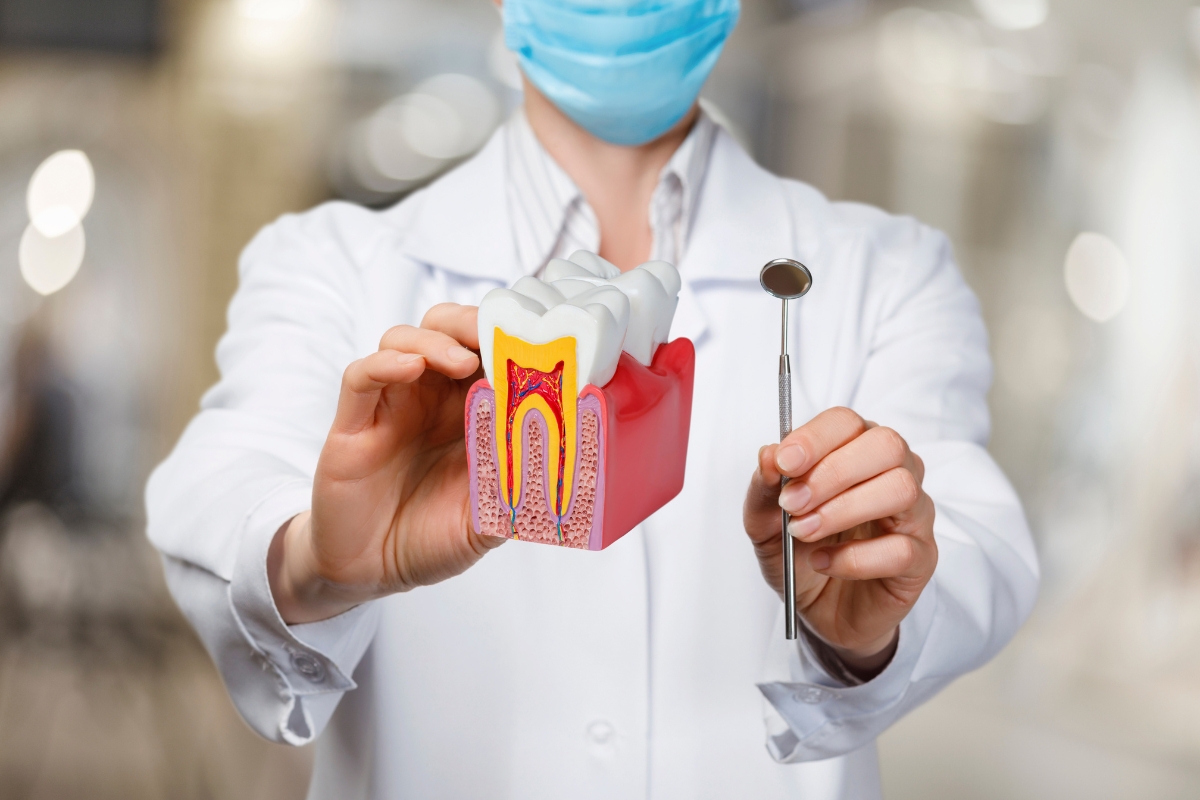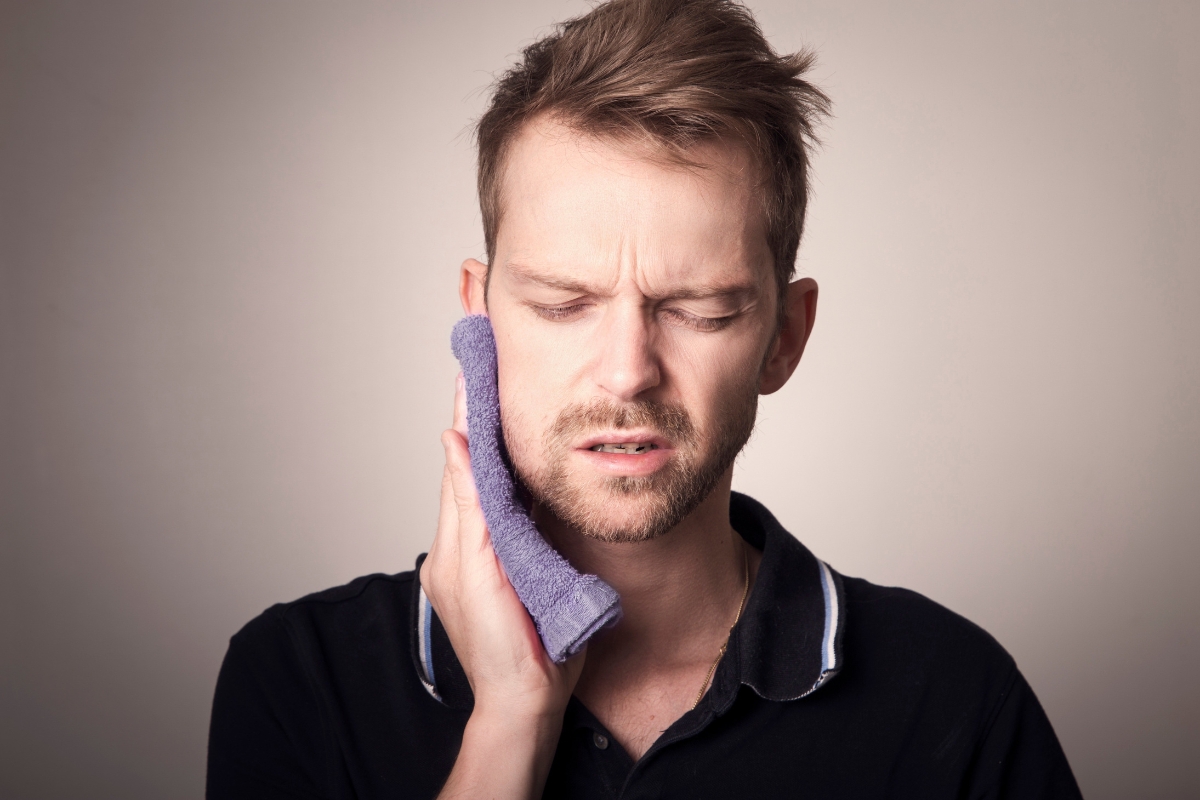How To Maintain Fresh Breath Throughout The Day

Fresh breath is a cornerstone of social confidence. It allows you to engage in conversations without a nagging worry and leaves a positive impression. However, achieving long-lasting freshness can feel like a constant battle. Fear not, fellow breath-seekers! This comprehensive guide equips you with powerful strategies to maintain fresh breath throughout the day, naturally and effectively.
Understanding the Culprits: Why Does Breath Lose Its Freshness?
Before diving into solutions, let’s explore the common culprits behind bad breath, also known as halitosis.
Food Particles:
Regularly removing leftover food debris from between teeth and on the tongue helps maintain fresh breath. These areas can become breeding grounds for bacteria, which break down food particles and release unpleasant odors.
Dry Mouth:
In order to remove microorganisms and food particles, saliva is essential. Dehydration or certain medications can reduce saliva production, leading to a dry mouth and increased bacterial growth.
Medical Conditions:
Underlying health issues like sinus infections, acid reflux, or diabetes can contribute to bad breath.
Tobacco Products:
Smoking and chewing tobacco leave behind a distinct odor and irritate the gums, creating an environment conducive to bad breath.
The Fresh Breath Arsenal: Powerful Strategies for Long-lasting Confidence
Now that we’ve identified the enemies, let’s arm ourselves with effective weapons! Here’s a multi-pronged approach to maintaining fresh breath throughout the day:
Oral Hygiene: The Foundation of Freshness
- Brushing: Brushing your teeth twice a day (morning and night) with fluoride toothpaste is the cornerstone of good oral hygiene. Aim for a gentle yet thorough cleaning, brushing for at least two minutes, and reaching all surfaces of your teeth, including the tongue. Consider using an electric toothbrush for a deeper clean.
- Flossing: Flossing daily removes food particles and plaque from between teeth, areas that a toothbrush can’t reach. This significantly reduces the bacterial population and helps maintain fresh breath.
- Tongue Cleaning: The tongue harbors a significant amount of bacteria that contribute to bad breath. To eliminate bacteria and improve your breath, gently scrape your tongue using a tongue scraper or the back of your toothbrush.
Hydration: Nature’s Mouthwash
Drinking plenty of water throughout the day is essential for maintaining a healthy mouth and fresh breath. Water keeps you hydrated, stimulates saliva production, and helps wash away food particles and bacteria. Aim for eight glasses of water daily, adjusting based on your activity level and climate.
Diet Choices for a Fresher You
Limit Strong-flavored Foods:
Foods like garlic, onions, and certain spices can leave behind lingering odors. While these foods are delicious, enjoy them in moderation, especially before social interactions.
Sugar is the Enemy:
Sugary foods and drinks promote bacterial growth in the mouth, leading to bad breath. Opt for water over sugary beverages and limit sugary snacks.
Fruits and Vegetables to the Rescue:
Fruits and vegetables with high water content can help stimulate saliva production and freshen breath. Think crisp apples, celery sticks, or crunchy carrots.
Beyond the Basics: Additional Tips for Peak Freshness
Chewing Sugar-free Gum:
Chewing sugar-free gum after meals can help stimulate saliva production, temporarily mask bad breath, and remove food particles. Look for gum sweetened with Xylitol, which has additional benefits for oral health.
Mouthwash as a Support System:
Mouthwash can be a helpful tool for freshening breath on the go. It does not, however, take the place of brushing and flossing. Choose an alcohol-free mouthwash with Xylitol or zinc citrate, which can help neutralize bad breath odors.
Maintain a Healthy Lifestyle:
Getting enough sleep, managing stress, and avoiding smoking are all essential for overall health, including your oral health.
Professional Support: When to See a Dentist
If you’ve implemented these strategies yet still struggle with persistent bad breath, it’s time to consult a dentist. A dentist in Spokane Valley can examine your mouth, rule out any underlying medical conditions, and recommend a personalized treatment plan to achieve long-lasting fresh breath.
Maintaining Fresh Breath: A Commitment to Confidence
Fresh breath is an attainable goal that empowers you to engage in conversations with confidence. By incorporating these simple yet effective strategies into your daily routine, you can keep bad breath at bay and leave a lasting positive impression. Remember, consistency is key! Make oral hygiene a priority, stay hydrated, and make healthy food choices. With dedication, you can conquer conversations and radiate fresh breath and confidence!
- Bonus Tip: Pack a dental hygiene kit in your bag or purse. Include a travel-sized toothbrush, toothpaste, floss, and mouthwash for on-the-go freshness.
Frequently Asked Questions
It is advised to change your toothbrush every three to four months or earlier if there is damage or fraying to the bristles. Consider replacing it after a cold or illness to prevent re-infection.
Certain natural remedies might offer temporary relief, but their effectiveness can vary. Here are a few options to explore with caution:
1. Baking Soda: Mix a teaspoon of baking soda with a little water to form a paste. Brush your tongue gently with this paste, then rinse thoroughly.
2. Cloves: Chewing on a whole clove or using clove oil diluted in a carrier oil (like coconut oil) can temporarily freshen the breath. However, use caution with clove oil, as it can irritate the mouth if used excessively.
If your bad breath persists even after practicing good oral hygiene, it could be a sign of an underlying medical condition.
Consult a dentist if you experience:
1. a dry mouth despite consuming a lot of water
2. A persistent bad taste in your mouth
3. Difficulty swallowing
4. Postnasal drip
5. Chronic sinus infections




